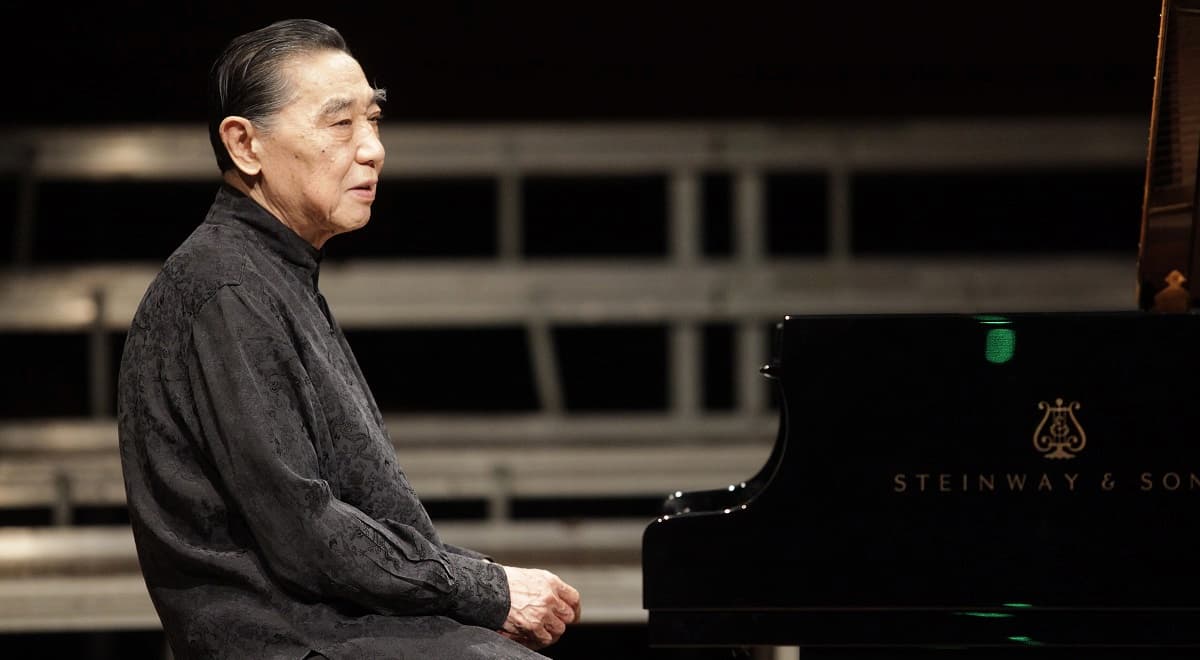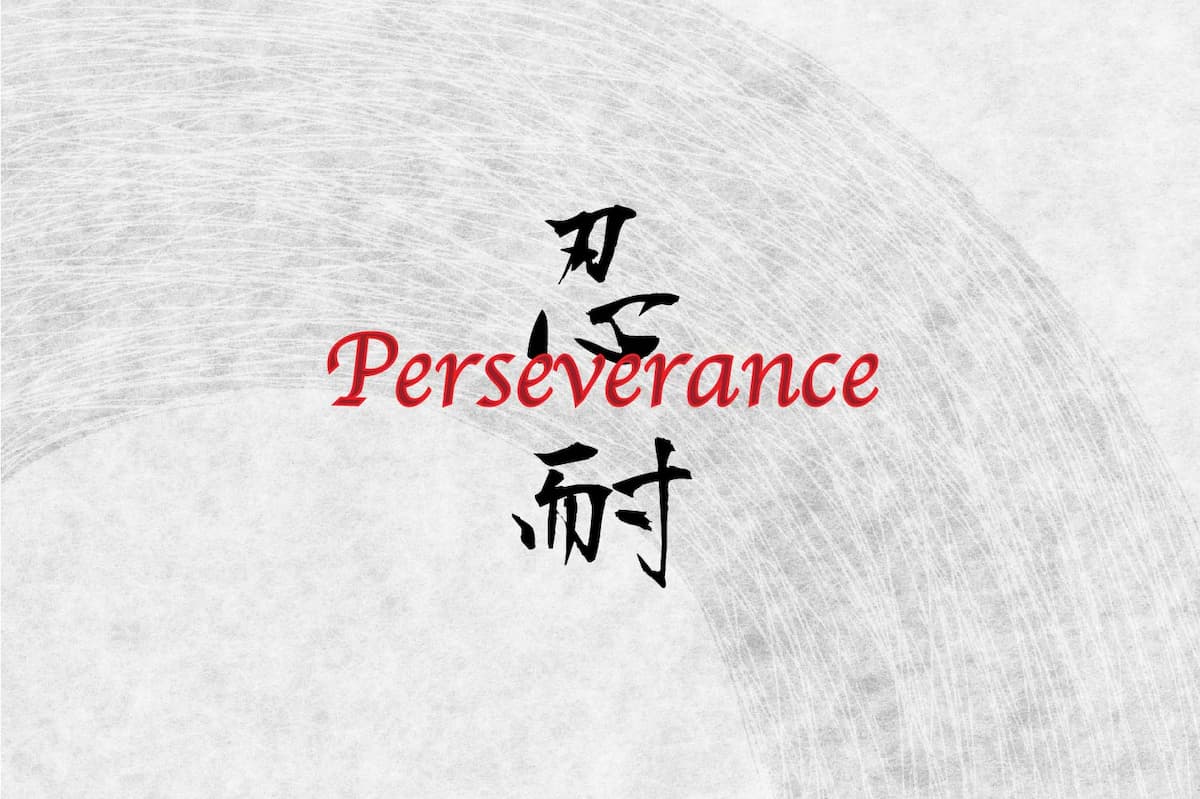The following Japanese terms are all about warding off laziness and boosting motivation plus tips for embracing the concept of doing your best. They are useful as general rules for life; here I have interpreted them for the benefit of musicians:
Ikigai
Have a purpose in life

Ikigai comes from two words – Iki meaning life, and Gai which describes your value or worth. It’s the reason you wake up each morning, what drives you, and what gives you fulfillment and purpose in life.
For the musician, this probably seems obvious – music is your purpose. Whether you’re a professional or an amateur musician, if you genuinely love and care about music, pursue it with passion.
Kaizen
Making small improvements, every day
This is particularly helpful for musicians in their daily practising/training and is a useful reminder that achievable goals and slow gains are, ultimately, more motivating, meaningful and personally fulfilling than striving for perfection from the outset. We tend to define achievement through one significant moment – learning a whole page or movement of a piece of music, for example – and underestimate the value of making small improvements on a daily basis which accumulate to create a significant whole. Recognizing and celebrating small milestones and achievements is an important aspect of Kaizen. Musicians should acknowledge their progress, which can be a motivating factor to continue improving.
Gavin Bryars: My First Homage (Thibaut Crassin, piano; François Mardirossian, piano)
Shoshin
Beginner’s mindset

Fou Ts’ong
“I am a beginner. I am always learning” – Fou Ts’ong, pianist (1934-2020)
Shoshin encourages approaching tasks with an open, eager, and non-judgmental mindset. In the context of the musician, this may include: openness to learning; abandoning preconceptions and biases; embracing and learning from mistakes; curiosity and creativity; humility.
By applying shoshin, musicians can maintain a sense of wonder and enthusiasm in their musical journey, leading to ongoing growth and a deeper connection with their art.
Ganbaru
Doing your best / persevering
Ganbaru conveys the idea of doing one’s best, putting in maximum effort, and persevering through challenges. It’s about pushing yourself to your limits and never giving up, even when the going gets tough. For musicians, applying ganbaru may involve: diligent, deliberate practice; resilience; commitment to excellence; consistency; maintaining a positive attitude.
Ganbaru encourages musicians to work tirelessly to achieve their musical aspirations and reach their highest potential.
Nintai
Patience and Perseverance

Patience is a virtue in Japanese culture. It’s also a very useful attribute for musicians to cultivate! When applied to musicians, nintai may include:
1. Having a long-term Perspective: Musicians should appreciate that mastering their art is a gradual process and be patient in their development.
2. Endurance: They must persevere through challenges, setbacks, and plateaus in their musical journey.
3. Staying Committed: Nintai encourages musicians to stay dedicated to their practice and goals, even when progress seems slow.
4. Respect for the Process: Appreciating the value of each step and the learning process itself is essential.
For more of the best in classical music, sign up for our E-Newsletter
Tōru Takemitsu: Romance (Kotaro Fukuma, piano)




